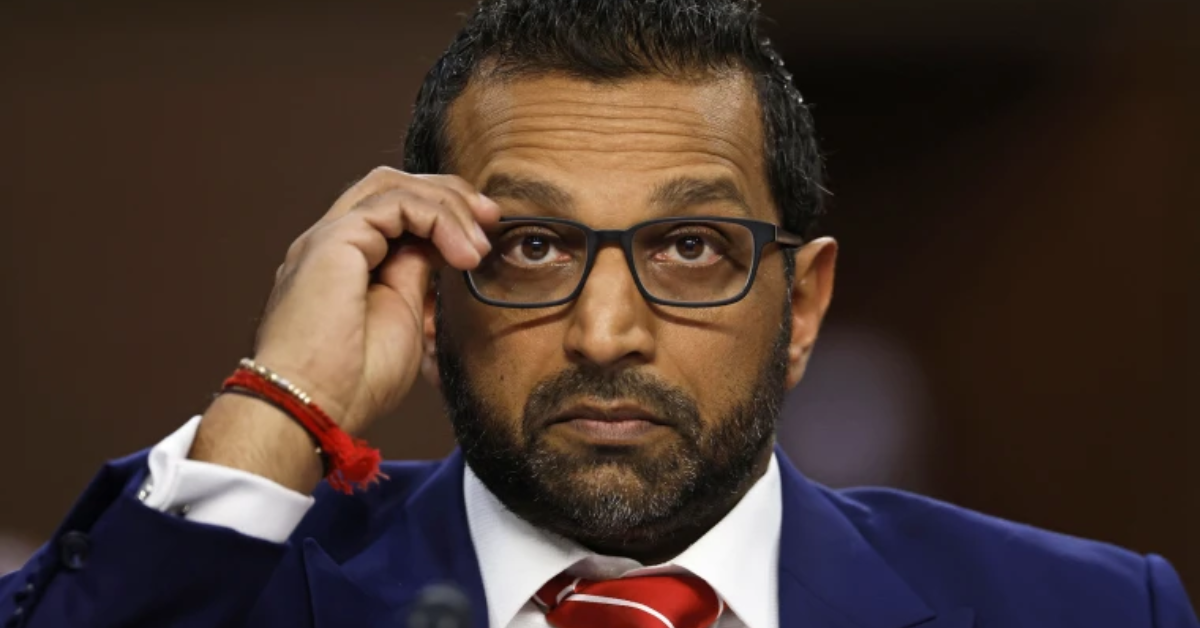
The world of American politics is often filled with heated debates, but recent clashes between FBI Director Kash Patel and Senate Democrats have drawn significant media attention. The disagreements center around controversial figures such as Sidney Kirk and Jeffrey Epstein, two names that have sparked widespread public interest and concern. Understanding these conflicts helps shed light on ongoing issues within federal investigations and political accountability.
FBI Director Kash Patel, who took over key oversight roles within the agency, has been vocal about his views on the investigations involving Kirk and Epstein. Meanwhile, Senate Democrats have expressed skepticism and have challenged Patel’s statements, leading to a high-profile confrontation. This article explores the conflict, explains its background, and offers insights into the implications for American politics and public trust.
Who Are Kirk and Epstein?
To understand the conflict, it is important to know who Sidney Kirk and Jeffrey Epstein are. Jeffrey Epstein was a wealthy financier who was arrested for sex trafficking involving minors but died in jail under suspicious circumstances in 2019. His case triggered numerous questions about how power and influence might affect justice.
Sidney Kirk is a less widely known figure but has been linked to investigations involving corruption and illegal activities. Both individuals represent sensitive and complex cases that the FBI continues to explore, making the role of the FBI director crucial in guiding transparency and integrity.
Details of the Clash Between FBI Director Kash Patel and Senate Democrats
FBI Director Kash Patel has been criticized by Senate Democrats for allegedly downplaying or redirecting the investigations related to Kirk and Epstein. During hearings, Democrats questioned Patel’s commitment to pursuing the full truth, citing concerns that political motives might be influencing the agency’s efforts.
Patel, on the other hand, has defended his actions by stating that the FBI must maintain objectivity and follow the evidence wherever it leads. He criticized the Democrats for politicizing sensitive investigations, arguing that such approaches could undermine the agency’s credibility. These exchanges were covered by major news outlets like The New York Times and CNN, reflecting the intensity of the disagreement.
Why This Conflict Matters to the Public
The disagreement between Patel and Senate Democrats is not just political drama; it impacts the public’s trust in important institutions. When federal investigations appear to be influenced by politics, people may lose confidence in the legal system’s ability to deliver justice fairly. This is especially critical in cases involving serious crimes like those linked to Epstein and Kirk.
Experts argue that the FBI must balance cooperation with elected officials while maintaining independence. This balance ensures investigations are thorough and impartial. As reported by The Washington Post, ongoing tensions between the FBI and Congress have raised questions about how investigations are managed and the limits of political oversight.
What’s Next for the FBI and Senate Relations?
Moving forward, the relationship between FBI Director Kash Patel and Senate Democrats will likely continue to be tense, especially as new information emerges from ongoing probes. Lawmakers have called for more transparency and regular updates on sensitive investigations, emphasizing the need to rebuild public trust.
Meanwhile, Patel’s priority remains focused on protecting the integrity of the FBI and ensuring that investigations proceed fairly, without undue political pressure or interference. The situation highlights a broader challenge faced by many governments: how to effectively investigate powerful individuals while maintaining democratic accountability.
Final Thoughts
The clash between FBI Director Kash Patel and Senate Democrats over Kirk and Epstein is a clear example of how politics and justice can collide. For younger readers and anyone interested in current affairs, this ongoing story serves as a reminder of why transparency, accountability, and careful oversight are essential to democracy.
Understanding these conflicts encourages more informed discussions about the role of government institutions and the importance of holding them accountable. As developments continue, staying updated through trusted news sources is crucial to grasp the full picture of this complex and important issue.









